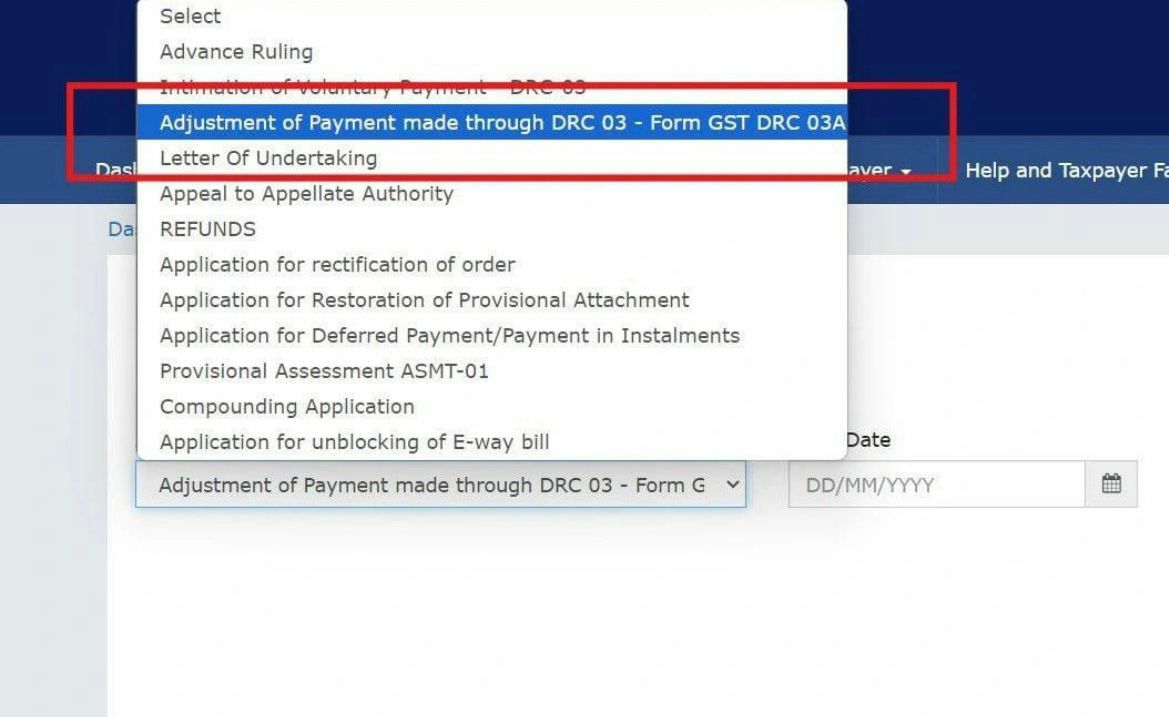Section 194DA of the Income Tax Act governs the tax deduction at source (TDS) on payments made under a life insurance policy. This section is crucial for ensuring that the income component of life insurance payouts is taxed appropriately. The Union Budget 2024 introduced significant changes to the TDS rate under this section, set to take effect from October 1, 2024.
Existing Provisions Under Section 194DA (till 30 September 2024)
The legal text of Section 194DA of the Income Tax Act is as follows:
**”Any person responsible for paying to a resident any sum under a life insurance policy, including the sum allocated by way of bonus on such policy, other than the amount not includible in the total income under clause (10D) of section 10, shall, at the time of payment thereof, deduct income-tax thereon at the rate of five per cent on the amount of income comprised therein:
Provided that no deduction under this section shall be made where the amount of such payment or, as the case may be, the aggregate amount of such payments to the payee during the financial year is less than one hundred thousand rupees.”
Key Elements of Section 194DA
- Scope: The section applies to any sum paid under a life insurance policy, including bonuses, that is not exempt under Section 10(10D) of the Income Tax Act.
- TDS Rate: Currently, the TDS rate is 5% on the income component of the payout. This ensures that only the taxable portion of the payout is subject to TDS, not the entire amount.
- Exemption Threshold: No TDS is required if the payment or the total payments during a financial year to a resident are less than ₹1,00,000.
Amendment: Reduction in TDS Rate from 1st October 2024
In the Union Budget 2024, the government proposed reducing the TDS rate under Section 194DA from 5% to 2%. This amendment is intended to reduce the tax burden on policyholders, allowing them to receive a higher portion of their life insurance payouts without immediate tax deductions.
- New TDS Rate: From October 1, 2024, the TDS rate will be reduced from 5% to 2%.
- Impact: The reduced TDS rate will increase the cash flow for taxpayers at the time of receiving life insurance payouts, making it easier for them to manage their finances.
Implementation Date
The amendment to Section 194DA will take effect on October 1, 2024. Payments made under a life insurance policy on or after this date will be subject to the new TDS rate of 2%.
Implications for Taxpayers
- Increased Cash Flow: With the reduction in TDS from 5% to 2%, taxpayers will receive a larger portion of their life insurance payouts immediately, which can be beneficial for meeting financial needs.
- Continued Tax Compliance: While the TDS rate is lower, the income portion of life insurance payouts remains taxable. Taxpayers must ensure that this income is reported correctly in their tax returns.
- Exemption Threshold: The exemption threshold of ₹1,00,000 remains unchanged. Payments below this threshold will not be subject to TDS.
Visit www.cagurujiclasses.com for practical courses











